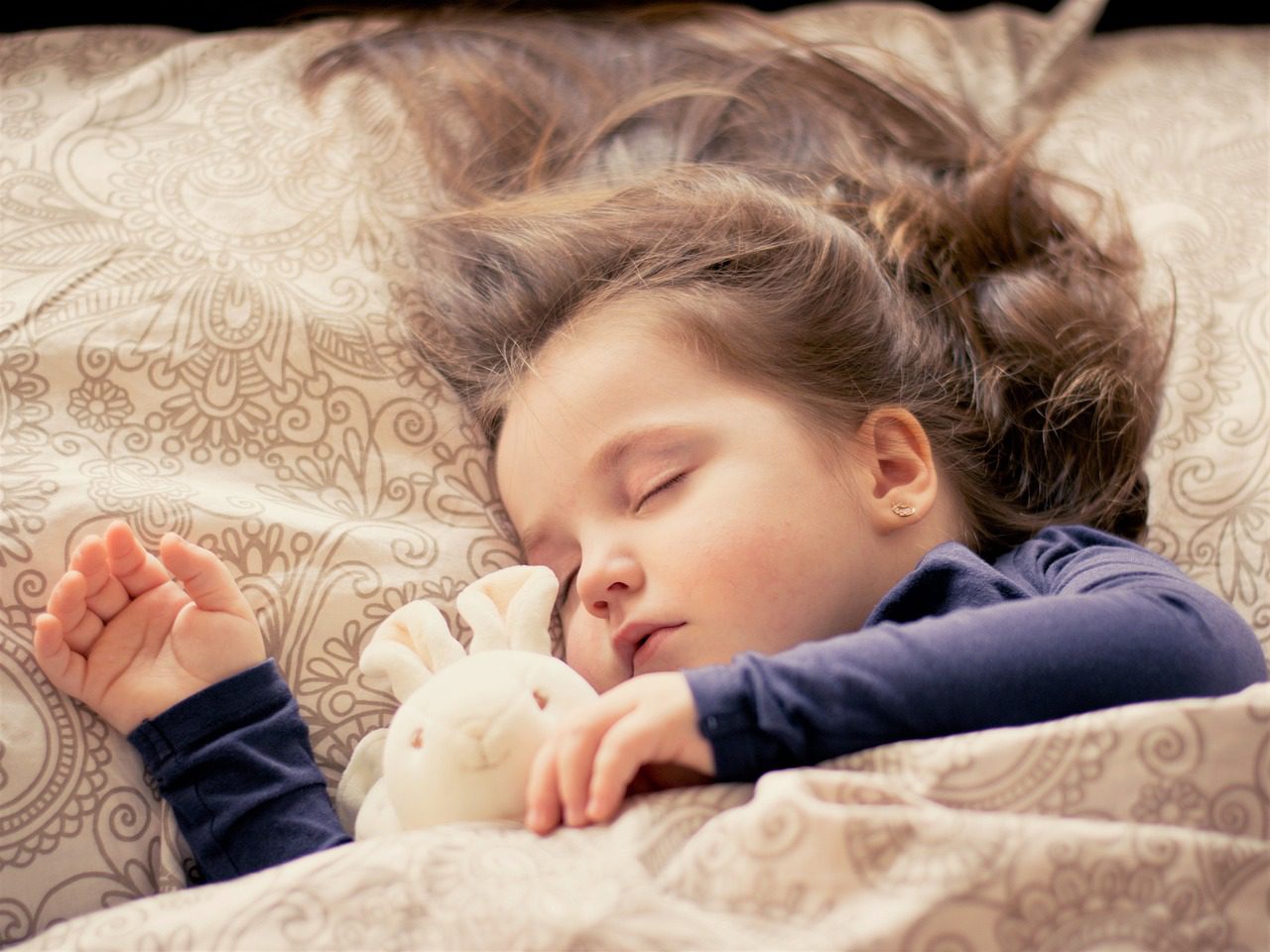Does your child have sleep problems? A new study may shed light on what this could mean for some parents.
Attention-deficit hyperactivity disorder (ADHD) is a neurodevelopment disorder that is common in childhood and impacts around 7.5% of children worldwide. The disorder typically develops before the age of 12. Researchers are always looking for factors that influence the development of the disorder. Sleep is one factor being studied.
We know that childhood sleep problems (e.g., trouble falling asleep, frequently waking up in the night, getting less sleep than average, etc.) can be a sign of ADHD.
Researchers of this new study were interested in looking at predictive factors for ADHD and wanted to see if sleep was one of them. What they found was yes, sleep problems can predict ADHD symptom development. This was especially true for symptoms of inattention and hyperactivity. Specifically, those children who scored high on sleep problems at the ages of 8-9 had more oppositional, inattentive and hyperactive behaviors two years later. They concluded that sleep problems may contribute to the development of ADHD.
They also noted socioeconomic factors might influence this as well, For example, children with employed fathers had a stronger link between sleep and later ADHD symptoms than children with unemployed fathers.
To note, this study relied on parent reports, not actual observations of the children. However, the findings point to paying attention to your child’s sleep habits and hygiene. Intervening early with sleep problems could potentially lower the risk of ADHD development. Here are a 5 ideas to help:
- Create a sleep routine and provide regular, consistent hours for sleep. Routine is good for children.
- Keep children active during the day so they are tired when bedtime comes around.
- Avoid scary media or reading before bedtime.
- Make sure children have had no caffeine during the evenings-you should avoid this with children anyway.
- Take the furry pet out of the bed. Pets move and can disrupt sleep.
Bottom line: pay attention to your child’s sleep habits. If you have concerns, check with your pediatrician for more follow-up.



